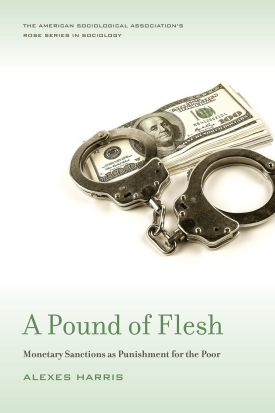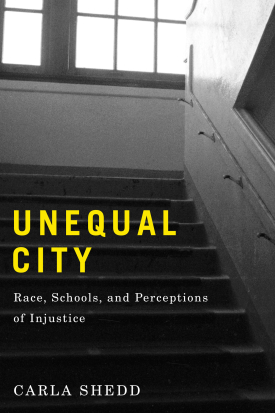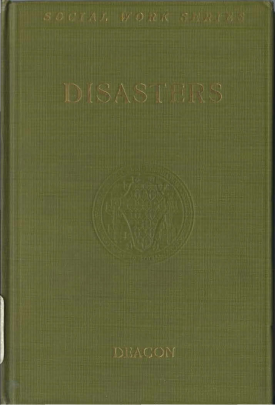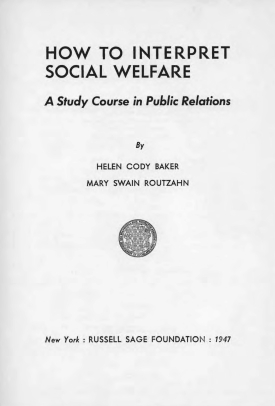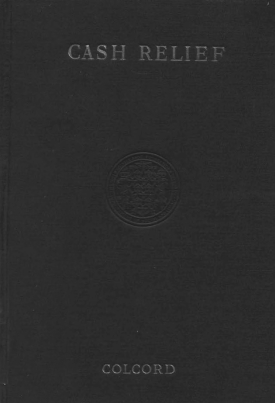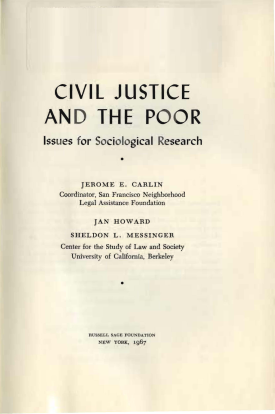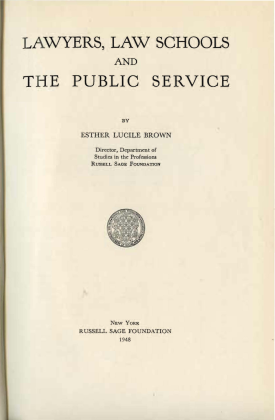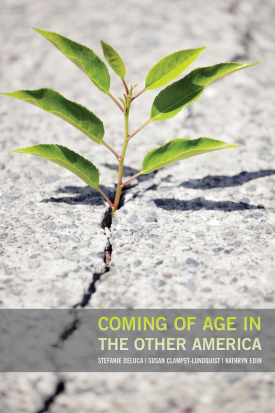
Coming of Age in the Other America
About This Book
Winner of the 2017 William T. Goode Distinguished Book Award from the Family Section of the American Sociological Association
2017 Choice Outstanding Academic Title
“Tracing the journeys to adulthood of 150 impoverished kids from inner-city Baltimore, this powerful book illuminates the importance of both neighborhood and personal identity. These kids are our kids too, and this book helps us understand their lives more fully.”
—ROBERT D. PUTNAM, Peter and Isabel Malkin Professor of Public Policy, Harvard University
“Stefanie DeLuca, Susan Clampet-Lundquist, and Kathryn Edin have written a deeply empathetic and insightful book providing a nuanced portrait of the tremendous resilience and untapped potential of low-income minority youth attempting to pursue the American Dream in the face of profound neighborhood and educational disadvantages in the other America. Their analysis suggests large gains from housing mobility and community development policies to improve the neighborhood environments experienced by disadvantaged children and youth.”
—LAWRENCE F. KATZ, Elisabeth Allison Professor of Economics, Harvard University
“Coming of Age in the Other America tells the complex story of becoming an adult today in cities like Baltimore, where opportunities for youth are extremely limited. In contrast to stereotypes about minority inner-city adolescents, many of these resilient youth escaped the pull of the streets andachieved far more than their own parents. Yet, given the myriad of barriers that they face, too many others fall short of their potential. The account is heartwarming and heartbreaking at the same time. Anyone who wishes to understand how and why the path to adulthood is constrained for youth in our cities today must read this remarkable book. Coming of Age in the Other America is riveting, distressing, and uplifting all at once.”
—JEANNE BROOKS-GUNN, Virginia and Leonard Marx Professor of Child Development, Teachers College and College of Physicians and Surgeons
Recent research on inequality and poverty has shown that those born into low-income families, especially African Americans, still have difficulty entering the middle class, in part because of the disadvantages they experience living in more dangerous neighborhoods, going to inferior public schools, and persistent racial inequality. Coming of Age in the Other America shows that despite overwhelming odds, some disadvantaged urban youth do achieve upward mobility. Drawing from ten years of fieldwork with parents and children who resided in Baltimore public housing, sociologists Stefanie DeLuca, Susan Clampet-Lundquist, and Kathryn Edin highlight the remarkable resiliency of some of the youth who hailed from the nation’s poorest neighborhoods and show how the right public policies might help break the cycle of disadvantage.
Coming of Age in the Other America illuminates the profound effects of neighborhoods on impoverished families. The authors conducted in-depth interviews and fieldwork with 150 young adults, and found that those who had been able to move to better neighborhoods—either as part of the Moving to Opportunity program or by other means—achieved much higher rates of high school completion and college enrollment than their parents. About half the youth surveyed reported being motivated by an “identity project”—or a strong passion such as music, art, or a dream job—to finish school and build a career.
Yet the authors also found troubling evidence that some of the most promising young adults often fell short of their goals and remained mired in poverty. Factors such as neighborhood violence and family trauma put these youth on expedited paths to adulthood, forcing them to shorten or end their schooling and find jobs much earlier than their middle-class counterparts. Weak labor markets and subpar postsecondary educational institutions, including exploitative for-profit trade schools and under-funded community colleges, saddle some young adults with debt and trap them in low-wage jobs. A third of the youth surveyed—particularly those who had not developed identity projects—were neither employed nor in school. To address these barriers to success, the authors recommend initiatives that help transform poor neighborhoods and provide institutional support for the identity projects that motivate youth to stay in school. They propose increased regulation of for-profit schools and increased college resources for low-income high school students.
Coming of Age in the Other America presents a sensitive, nuanced account of how a generation of ambitious but underprivileged young Baltimoreans has struggled to succeed. It both challenges long-held myths about inner-city youth and shows how the process of “social reproduction”—where children end up stuck in the same place as their parents—is far from inevitable.
STEFANIE DELUCA is associate professor of sociology at Johns Hopkins University.
SUSAN CLAMPET-LUNDQUIST is associate professor of sociology at Saint Joseph’s University.
KATHRYN EDIN is Bloomberg Distinguished Professor of Sociology at Johns Hopkins University.

